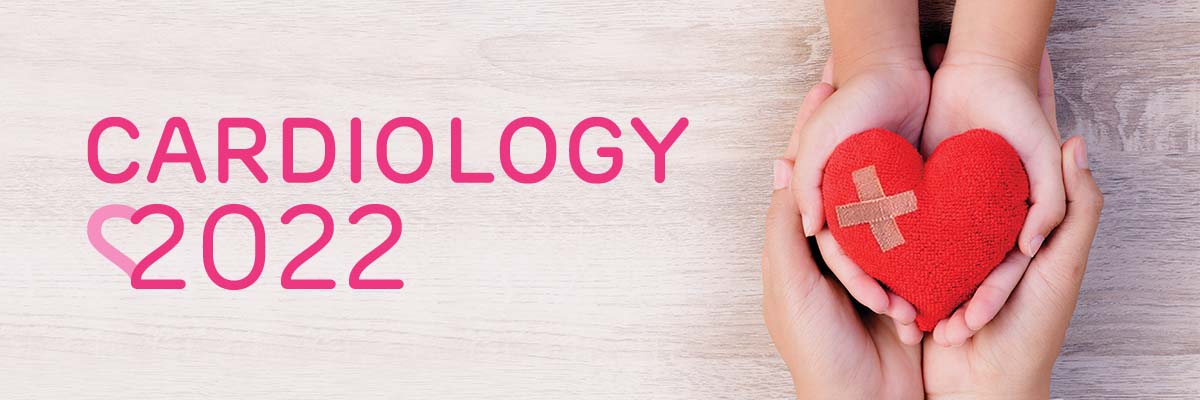
Designing a Medical Home for Adults with Congenital Heart Disease
Presented By:
Barbara Goebel RN, MS, C-PNP; Radhika Bukkapatnam MD, FACC; Daniel Cortez MD, PhD, FAAP, FACC, ABIM-ACHD; Sandhya Venugopal MD, MS-HPEd FACC
Overview:
Problem: As a result of improved interventional outcomes for children with congenital heart disease (CHD), there are now more adults living with CHD than there are children. This has created a question: What specialty is best equipped to care for this complex group of patients as they age out of the pediatric setting? Some stay with their pediatric cardiologists into adulthood. Some establish care with an adult cardiologist. Others become lost to follow up. We proposed that the most appropriate medical home for these patients is in a comprehensive Adult Congenital Heart Disease (ACHD) program utilizing expertise from both adult and pediatric cardiologists.
Purpose: The UC Davis Pediatric Heart Center (PHC) is part of the UC Davis Children’s Hospital with exists within an adult hospital. Because of this designation, UC can capitalize on both the pediatric and adult resources available within the institution. Our program is unique as it is not run by pediatric cardiologists, but instead integrates adult cardiologists with experience in ACHD with pediatric cardiology to bring comprehensive resources to the ACHD population. Our goal is to provide the best care possible to the complex population.
Methods: Grant funding from the American College of Cardiology Foundation was used to start up this quality initiative. Our multidisciplinary group includes board certified specialists in ACHD, adult cardiology, experts in congenital heart surgery, congenital interventional cardiology, congenital echocardiology and echo sonographers, a nurse practitioner, a dietician, a pharmacist, and a social worker. The ACHD clinic is location within the pediatric cardiology clinic location to help ease the transition for the young adult patients. Patients underwent onsite noninvasive testing as they were evaluated by the team and received a comprehensive patient passport at the end of each visit.
We identified 87 ACHD patients from EMR. Thirty-five patients who were “lost to follow up” were contacted and are now connected to a medical home. 52 have been scheduled and/or already seen. The first ACHD clinic was on January 14th, 2022, and the program now is booked out until September. A multidisciplinary conference is held to evaluate and discuss each patient and with interventional and testing referrals made as needed.
Next Steps:
1) An ACHD Medical Passport has been designed and is being trialed in the clinic.
2) Formalizing the design for inpatient flow for when an ACHD patient is admitted to the hospital
3) Application for ACHD certification.
4) Standardizing a transition process to begin at age 13 until they transition to ACHD after age 18.
5) Patient satisfaction questionnaires for each step in the transition process
6) Participation in the Fontan Outcomes Network
